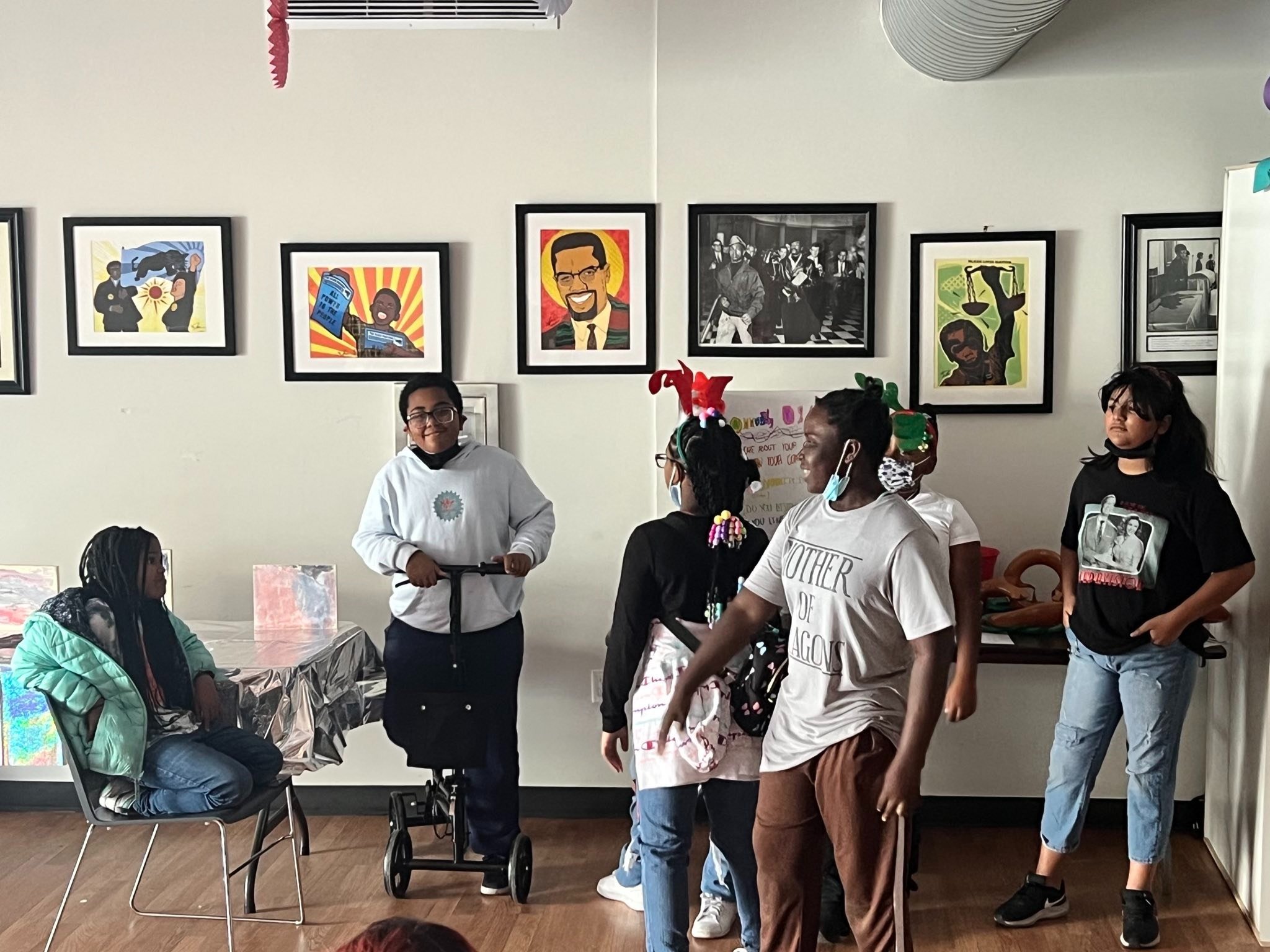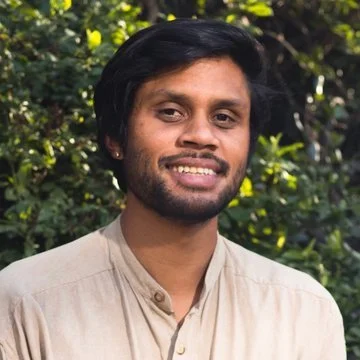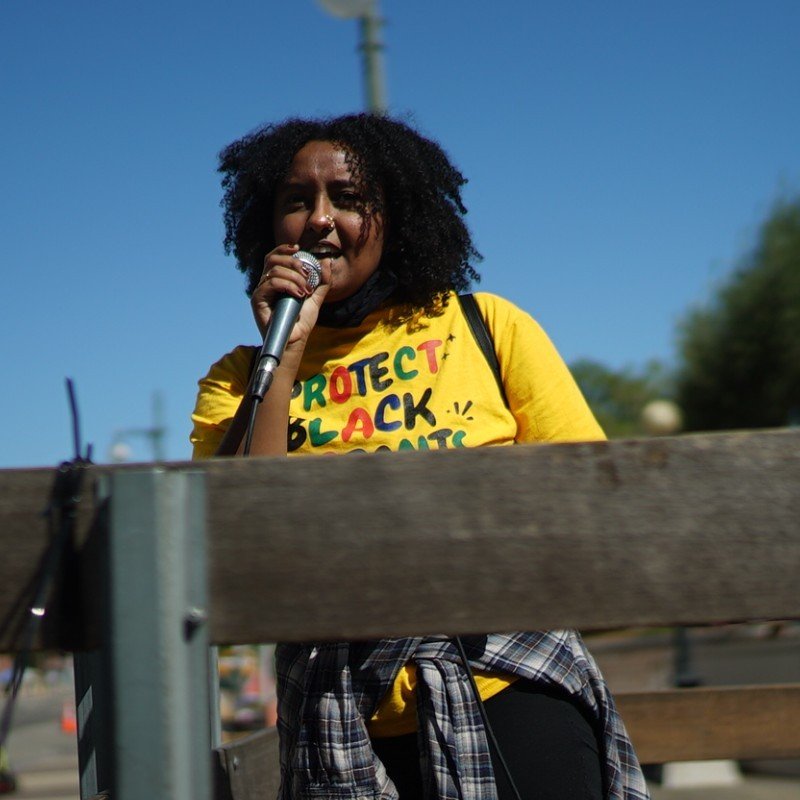READY SET RESIST: Using Art to Nurture Abolitionist Youth
Saturday, April 15, session 1
11:00 AM - 12:30 PM PST
This will be an interactive workshop showcasing an abolitionist art curriculum developed by the Stop LAPD Spying Coalition in close collaboration with a cohort of youth aged 6 to 12. Stop LAPD Spying is a community group based in the Skid Row neighborhood of downtown Los Angeles. Our organizing agenda includes cultivating a culture of resistance to police surveillance and expanding the traditional “know your rights” approach of legal advocacy to a “know your fight” organizing model that prioritizes community-based research and movement-building.
This workshop will introduce and exhibit the youths’ work as well as invite the audience to interact with and participate in the exercises that we developed. We will also discuss what obstacles arose as we developed this curriculum and how we navigated interpersonal conflicts, anxieties, and misconceptions shared by the youth cohort.
We are hopeful this curriculum will not only deepen the audience’s understanding of abolitionist organizing but also serve as a model that can be reproduced in schools, households, playgrounds, and community spaces everywhere. To that end, we are especially eager for children, families, and educators to participate in the workshop.
Akhil Gopal
Nadia Khan
Shakeer Rahman
Shakeer Rahman is an attorney with the Stop LAPD Spying Coalition and Los Angeles Community Action Network. Shakeer previously worked as Senior Staff Attorney at The Bail Project and as an Impact Litigation Attorney at The Bronx Defenders. Before that, Shakeer was a law clerk to Justice Mariano-Florentino Cuéllar on the California Supreme Court and to Judge Beverly Martin on the U.S. Court of Appeals for the Eleventh Circuit.
Matyos Kidane
Maraky Alemseged
Maraky Alemseged (they/she) is BAJI’s Los Angeles Organizer. She is a first-generation Ethiopian-American who was born and bred in Los Angeles to two political and social justice activists. As a result, Maraky has spent their lifetime challenging unjust systems of oppression with the knowledge that “the personal is political and the political is personal.” Their nascent professional career is built atop years of community organizing, with heavy involvement in local, national, and international Black migrant communities. Informed by abolitionist, Pan-African, queer, and feminist perspectives, Maraky believes in approaching social justice issues from an intersectional lens.
Rafaela Tapia






